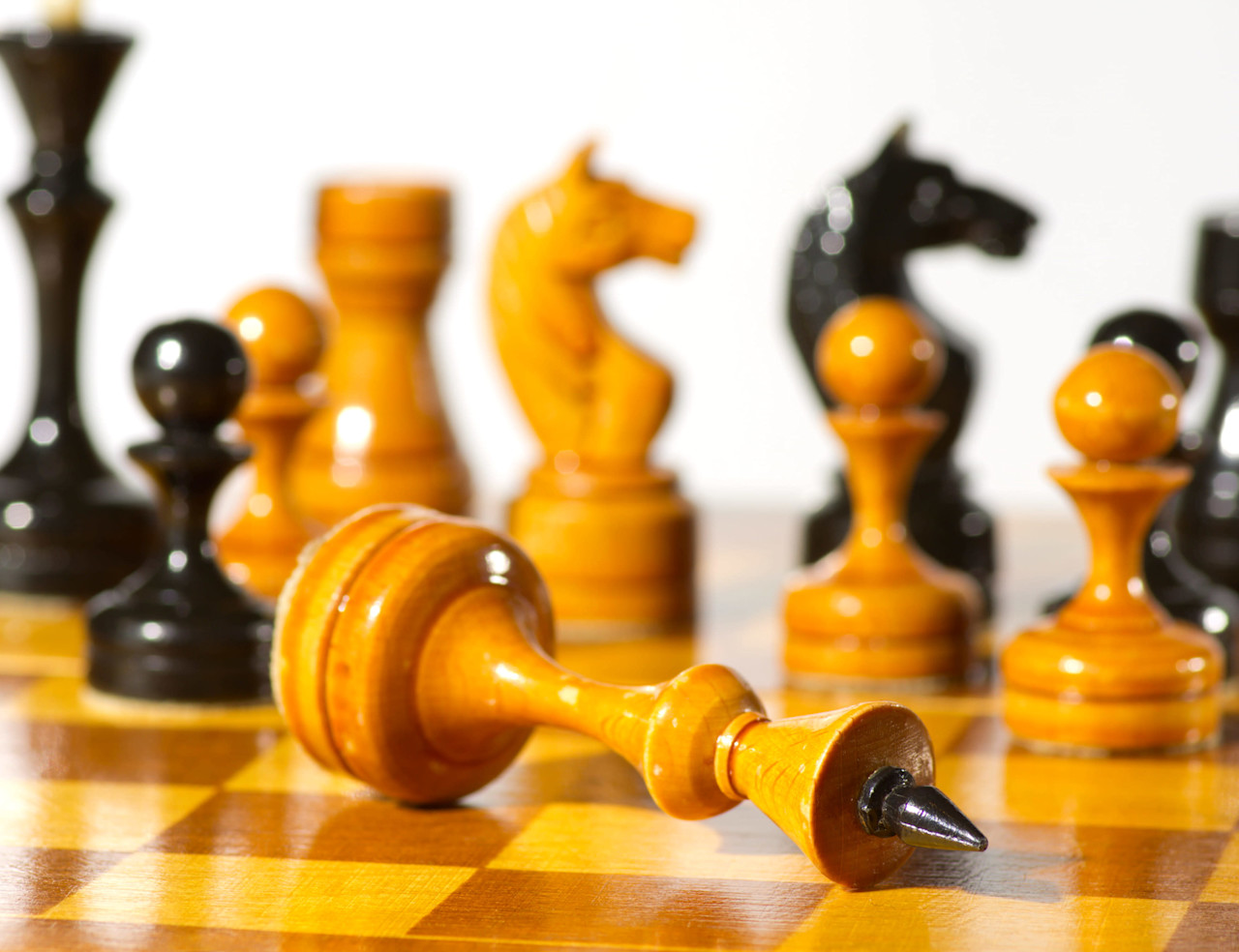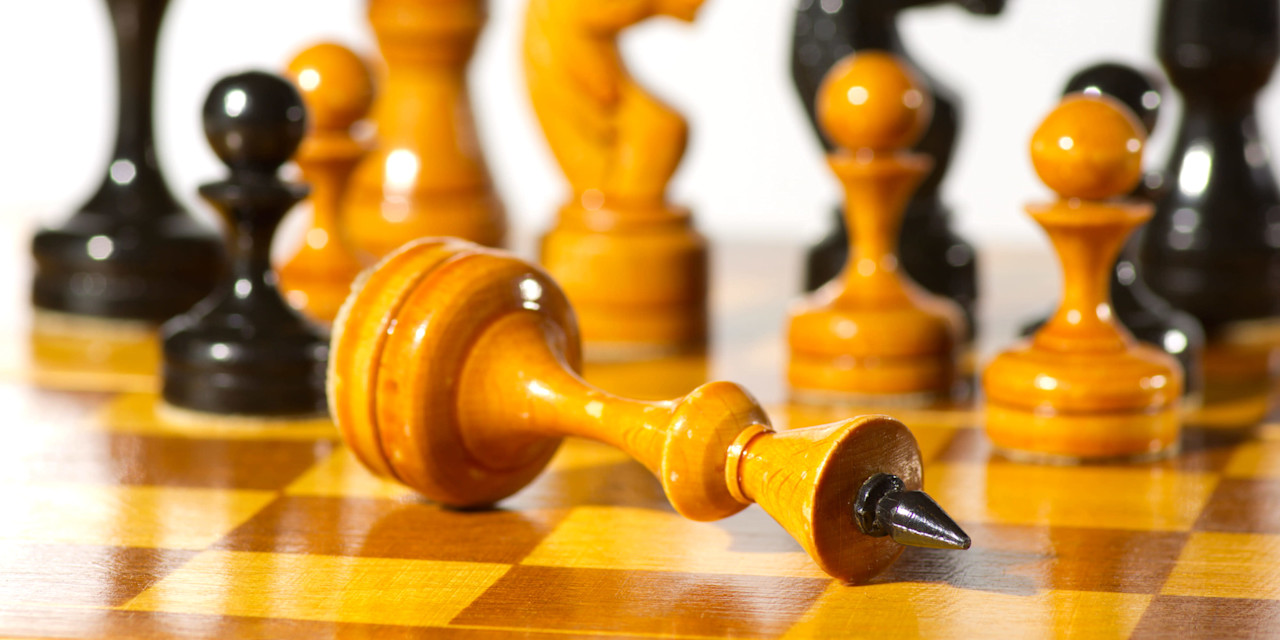年度展望
關於我們
很高興認識您
作為一間全球資產管理公司,我們以客戶需求為核心,量身打造投資方案。我們秉持無限好奇心、嚴謹的研究精神,以及對可持續發展的堅定承諾,引領您探索具突破性的主動·投資策略。
有興趣為今天與未來的需求進行投資?讓我們的投資同時為環境與社會作出貢獻,是我們共同的目標。歡迎與我們的團隊成員交流,開啟對話。







 Strategies to target alpha
Strategies to target alphaActive Quant: finding alpha with confidence
Blending data-driven insights, risk control, and quant expertise to pursue reliable returns.
*Alpha refers to the excess return of an investment relative to a benchmark index and is a measure of performance.









